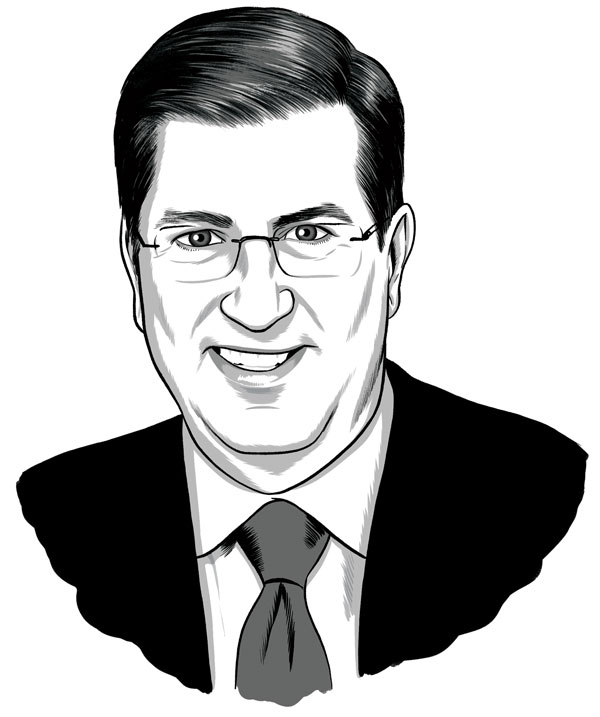

THE FOUR C’S
So what happened? I believe we can encapsulate the enrollment challenges in higher education in four words: cost, confidence, community and continuity.
Another common challenge centers on our communities, both on campus and beyond. Colleges and universities are not immune to the ills of society — which include such varied challenges as the opioid crisis, health-care access, sexual violence and income inequality. In one response to these challenges, Bucknell has expanded our student services so that incoming students are well supported from the moment they arrive. Whether it’s from our eight full-time counselors located in our new health and wellness center or from innumerable staff and well–trained peers, we offer care, support and programming that further encourages healthy lifestyles and decision-making.
Our fourth challenge concerns continuity — or the lack thereof. Simply put, what was once a steady stream of applicants has begun to shrink as demographics have changed — a shift that we’ve been actively preparing for since 2014. This trend will continue through the early 2030s.
WELL-PREPARED FOR CHANGE
Spring 2019 was a wake-up call to higher ed, but fortunately we have been laying the groundwork to position the University to withstand the predicted shortfalls in college-age students. I’ll just touch on this a bit, but in future issues I’ll be more complete.
We’ve prepared by investing in our people — in the last decade or so hiring scores of professors to reduce our student/faculty ratio to its current 9:1 and increasing the number of staff in key areas. We’ve also invested in our places — including the South Campus Apartments, the Graham Building, Academic East, Academic West and the soon-to-be-constructed home for the Freeman College of Management and Department of Art & Art History. We’ve also expanded the number and type of programs we offer students — academic, co-curricular and recreational, among others.
We’ve also boosted our recruitment efforts by putting more “boots on the ground” — especially in geographically diverse areas such as the West Coast. And we’ve increased financial aid for this recruitment cycle, which is a key priority in the Plan for Bucknell 2025, approved in April.
A SINGULAR SCHOOL
Our new strategic plan positions us well to flourish for the next decade and beyond. We are singular among peer schools in our academic breadth and depth, and we offer a highly personalized, undergraduate, residential-learning experience supported by a local community that offers rich civic learning and leadership opportunities.
It’s worth noting that, despite the nationwide enrollment challenges faced by many private institutions, Bucknell’s Class of 2023 is filled with gifted individuals. Our admissions office has 13 years of data, which indicate that the Class of 2023 has the highest academic metrics within that time period.
Those of us who love Bucknell have many reasons to feel optimistic about the future, even though the new normal may make it difficult to trace an admissions picture that is as predictive as in the past. We are confident that we can keep the four c’s — cost, confidence, community and continuity — in alignment with the core values of Bucknell as we move confidently through choppy waters.

John C. Bravman
President